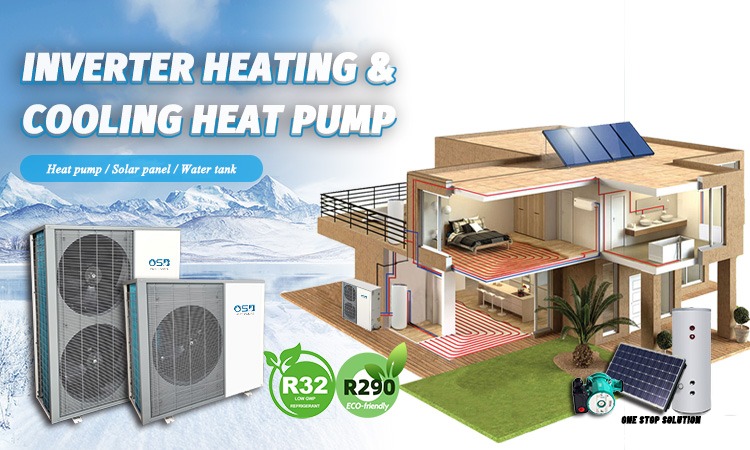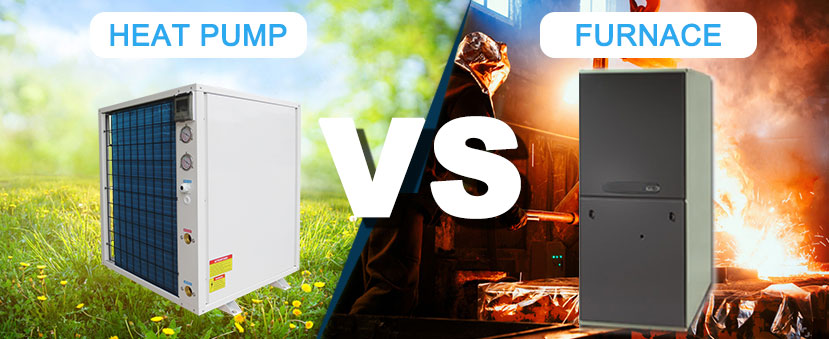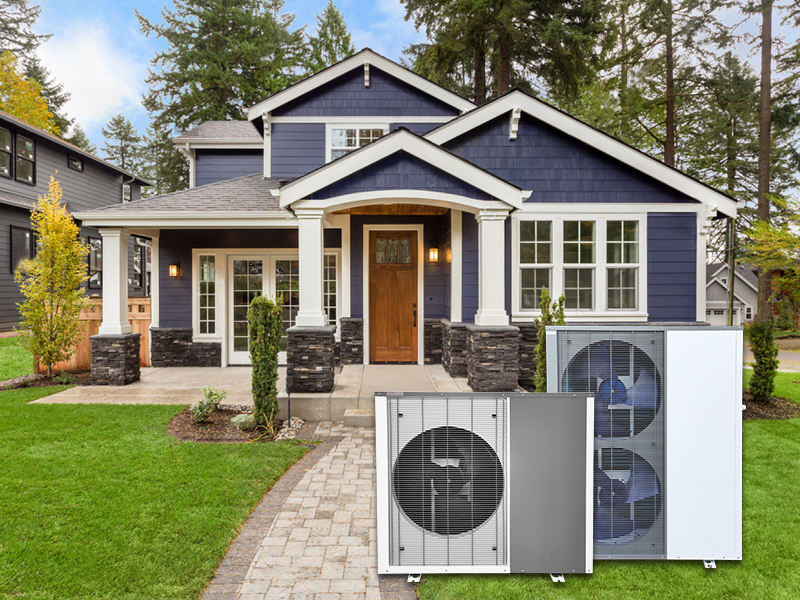Can Heat Pumps Operate at Low Temperatures?
How Heat Pumps Work
To understand how heat pumps operate at low temperatures, it's essential first to grasp the basic principles of heat pump operation. A heat pump transfers heat from one place to another using a refrigeration cycle. In heating mode, it extracts heat from the outside air and releases it inside the home. Conversely, in cooling mode, it removes heat from inside the home and releases it outside.
Traditional heat pumps are highly efficient in moderate climates but face challenges as outdoor temperatures drop. This is because the amount of available heat in the air decreases as temperatures fall, making it harder for the heat pump to extract enough heat to warm the home effectively.
The Challenge of Low Temperatures
At low temperatures, traditional heat pumps often struggle to maintain efficiency and heating capacity. When the outside air temperature drops significantly, the heat pump's performance can suffer, leading to increased energy consumption and higher heating costs. In extreme cold, some traditional heat pumps may require a supplementary heating source, such as electric resistance heaters, to meet the heating demand, which further reduces their efficiency.
The Solution: EVI Heat Pump Technology
This is where EVI heat pump technology comes into play. EVI stands for Enhanced Vapor Injection, a technology that significantly improves the performance of heat pumps in low-temperature conditions. EVI heat pumps are designed to operate efficiently even when the outside temperature drops well below freezing.
How EVI Technology Works
EVI technology involves an additional injection of refrigerant vapor into the compressor during the heating cycle. This process increases the refrigerant mass flow rate and enhances the heat absorption capacity of the system. As a result, the heat pump can extract more heat from the outside air, even at very low temperatures.
By boosting the heating capacity and efficiency, EVI heat pumps can maintain comfortable indoor temperatures without relying heavily on supplementary heating sources. This not only ensures consistent heating performance but also reduces energy consumption and operational costs.

Advantages of EVI Heat Pumps
Improved Low-Temperature Performance: EVI heat pumps can operate efficiently at temperatures as low as -25°C (-13°F) or even lower, depending on the specific model. This makes them ideal for regions with harsh winter climates.
Higher Efficiency: By enhancing the heat absorption capacity, EVI technology improves the overall efficiency of the heat pump, leading to lower energy bills and reduced environmental impact.
Reliable Heating: EVI heat pumps provide consistent and reliable heating performance, ensuring comfort and warmth even during the coldest days of winter.
Versatility: EVI heat pumps can be used in a variety of applications, including residential, commercial, and industrial heating systems, making them a versatile solution for different heating needs.

Comparing EVI Heat Pumps to Traditional Heat Pumps
To highlight the advantages of EVI heat pumps, it's helpful to compare their performance to that of traditional heat pumps in low-temperature conditions.
| Feature | Traditional Heat Pumps | EVI Heat Pumps |
| Low-Temperature Operation | Limited efficiency and capacity | Efficient operation down to -25°C (-13°F) or lower |
| Heating Capacity | Reduced at low temperatures | Enhanced with vapor injection |
| Energy Consumption | Higher in cold climates | Lower due to increased efficiency |
| Need for Supplementary Heat | Often required in extreme cold | Rarely needed |
Real-World Applications
EVI heat pumps have been successfully implemented in various real-world scenarios, demonstrating their effectiveness and reliability. For example, in colder regions of Europe and North America, EVI heat pumps have been used in residential homes, schools, hospitals, and commercial buildings, providing efficient and consistent heating even during severe winter conditions.
One case study involved a residential installation in a region with winter temperatures regularly dropping below -20°C (-4°F). The EVI heat pump not only maintained comfortable indoor temperatures but also resulted in a significant reduction in heating costs compared to the previous oil-fired heating system.
https://www.osbheatpump.com/commercial-evi-air-source-heat-pump-low-temp-25-operation-product/
Conclusion
In conclusion, heat pumps can indeed operate at low temperatures, especially when equipped with EVI technology. EVI heat pumps offer improved performance, efficiency, and reliability in cold climates, making them an excellent choice for homeowners and businesses looking for effective heating solutions. By choosing an EVI heat pump, you can ensure comfortable indoor temperatures, lower energy bills, and a reduced environmental footprint.
More information: https://www.osbheatpump.com/r290-evi-air-to-water-heating-cooling-heat-pump-water-heater-blb1i-070s-product/

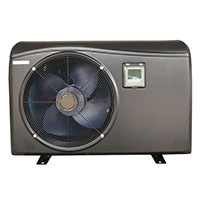 Swimming Pool Heat Pump
Swimming Pool Heat Pump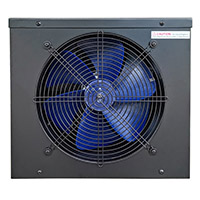 Ice Bath & Cold Plunge Chiller
Ice Bath & Cold Plunge Chiller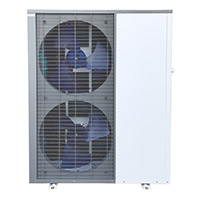 Heating & Cooling Heat Pump
Heating & Cooling Heat Pump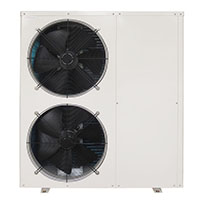 Domestic Hot Water Heat Pump
Domestic Hot Water Heat Pump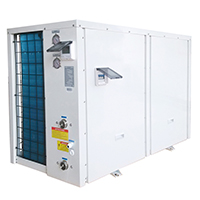 80℃ High Temperature Heat Pump
80℃ High Temperature Heat Pump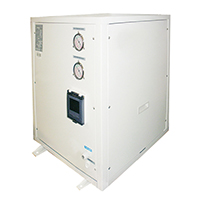 Geothermal / Water to Water Heat Pump
Geothermal / Water to Water Heat Pump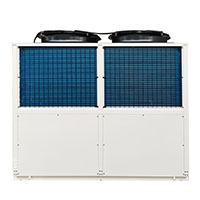 Commercial Industrial Heat Pump
Commercial Industrial Heat Pump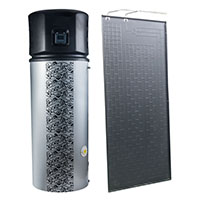 Solar Heat Pump
Solar Heat Pump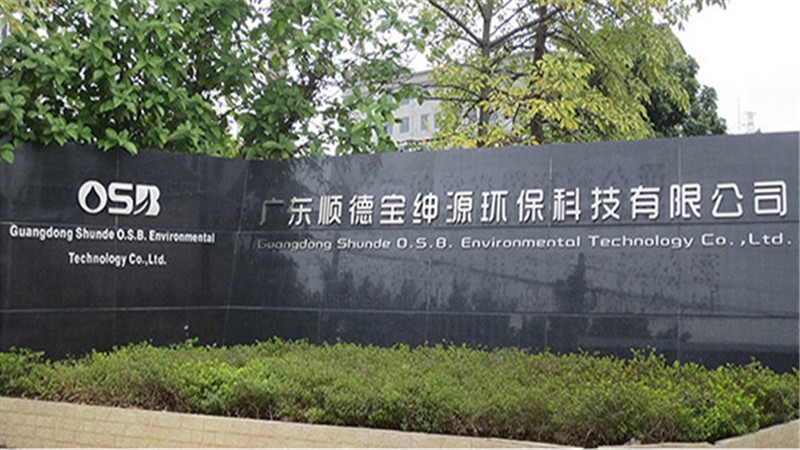 Company Profile
Company Profile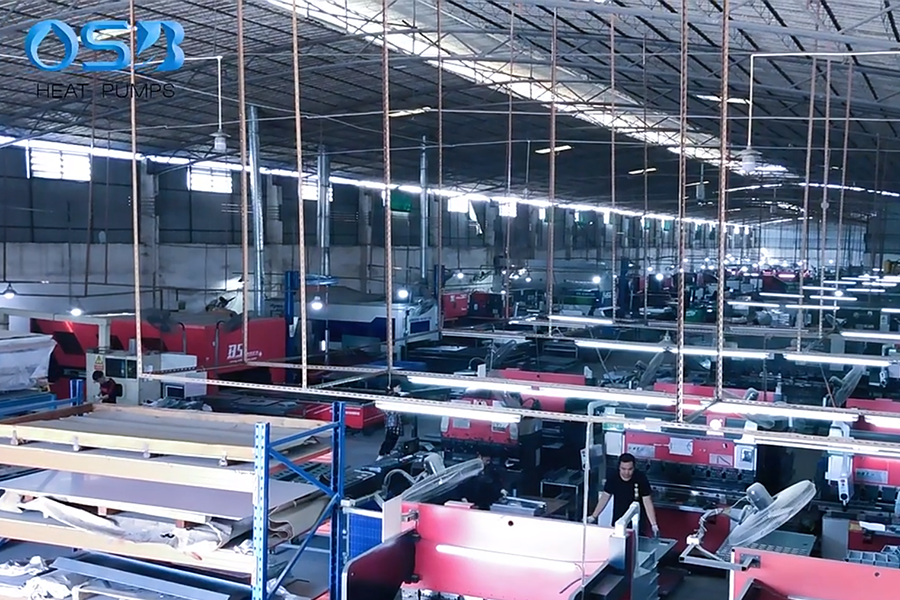 Supplier Management System
Supplier Management System Material Management
Material Management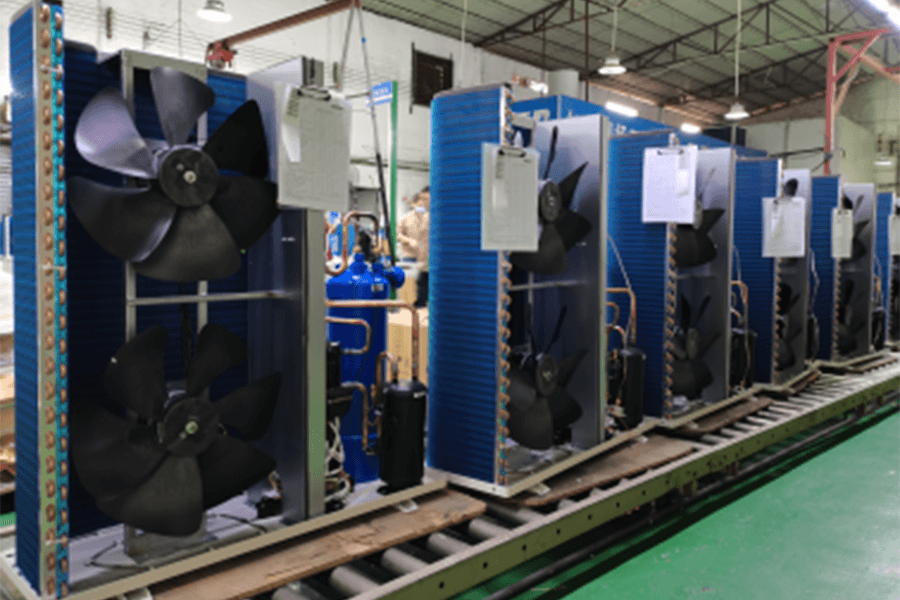 Production Process Management
Production Process Management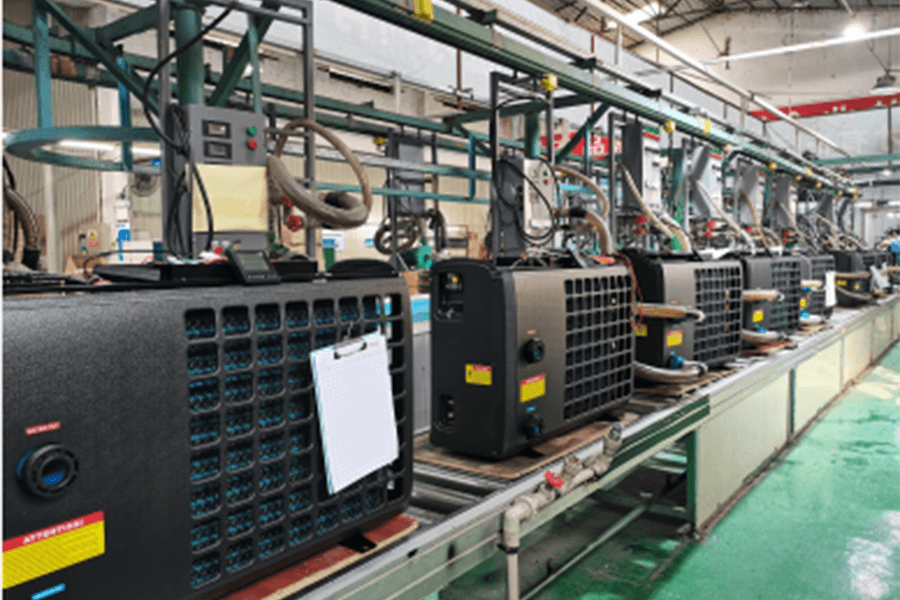 Product Inspection
Product Inspection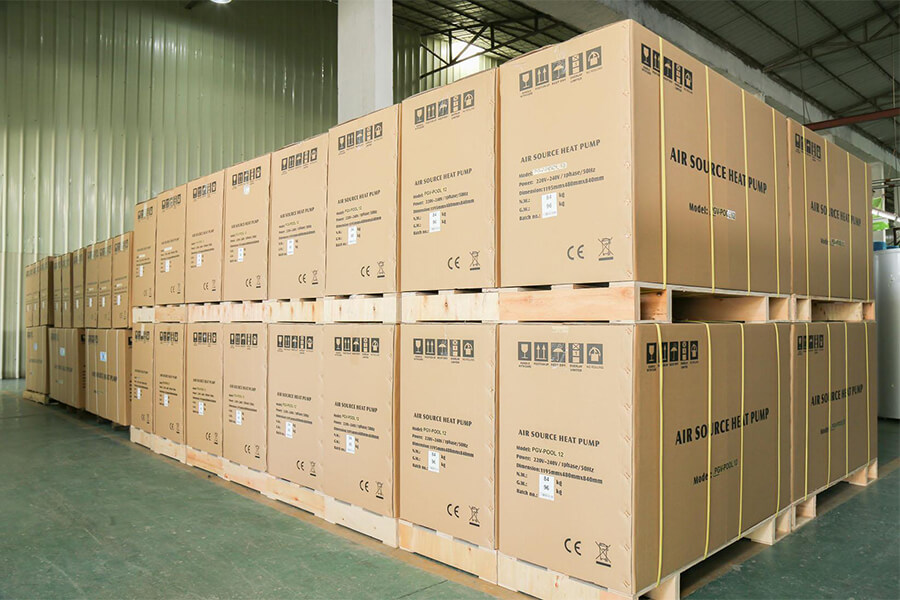 Packing & Shipping
Packing & Shipping After Sales Guarantee
After Sales Guarantee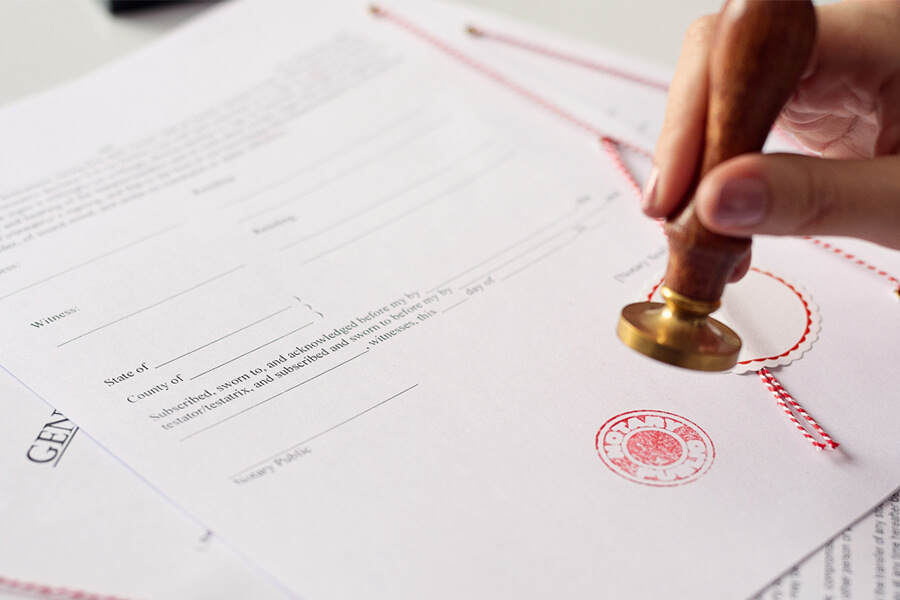 Certifications
Certifications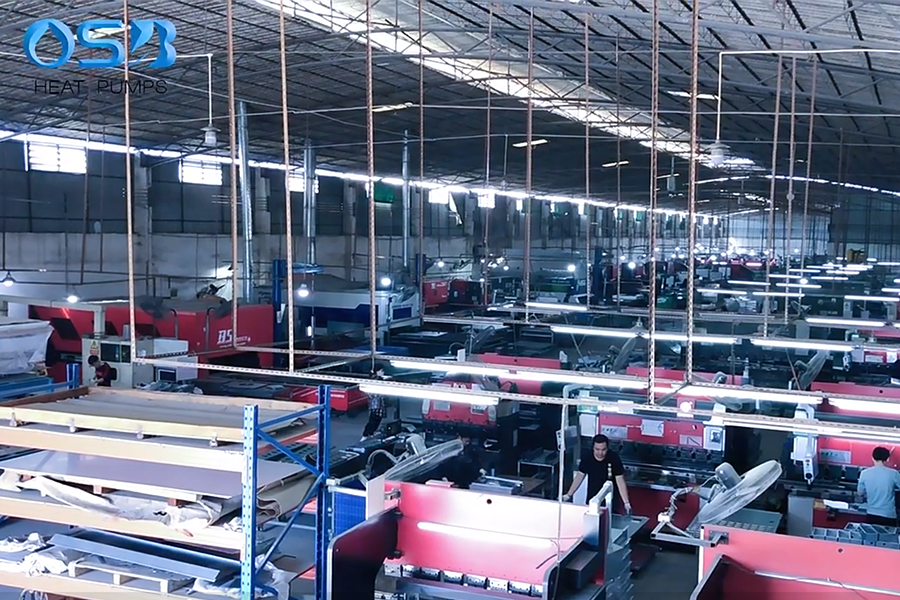 Stable Supply Chain
Stable Supply Chain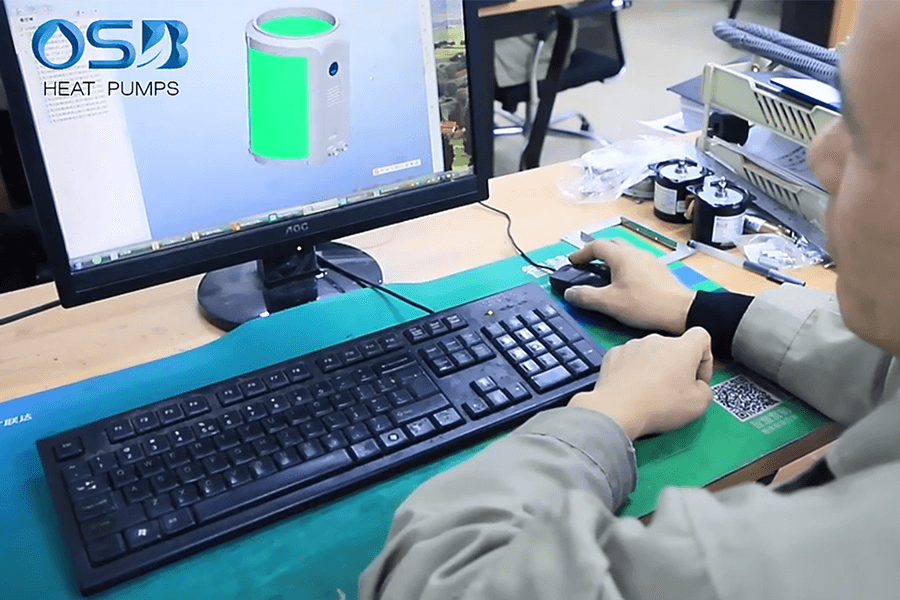 Design Capability
Design Capability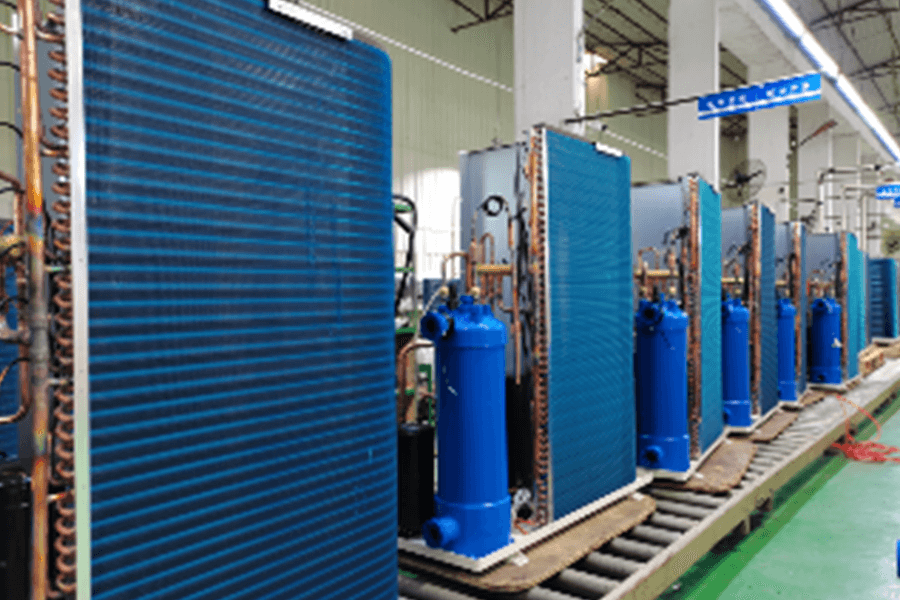 Production Efficiency
Production Efficiency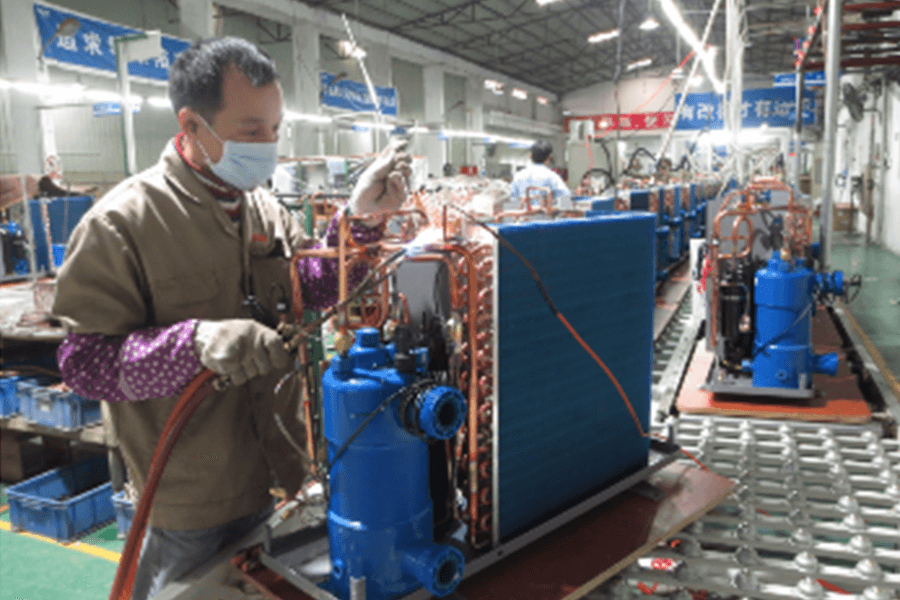 Skilled Workers and Advanced Production Process
Skilled Workers and Advanced Production Process Stable Cooperative Logistics
Stable Cooperative Logistics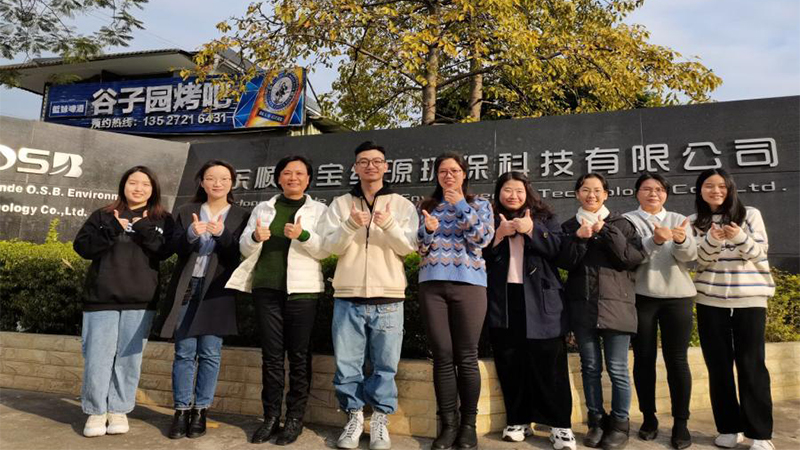 Team
Team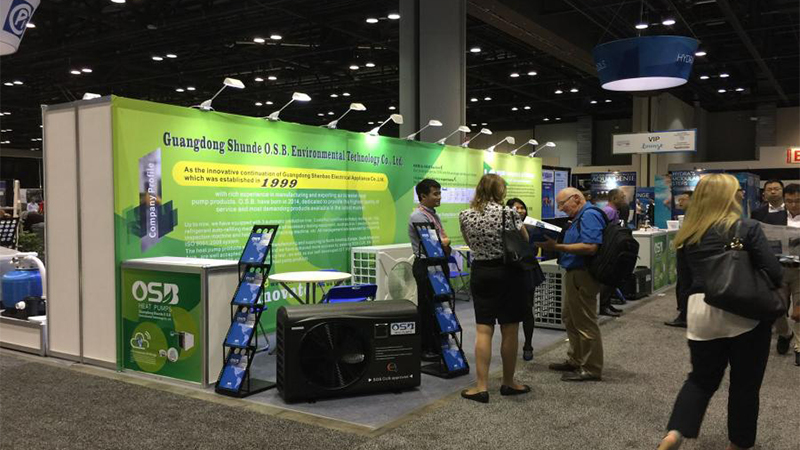 Exhibition
Exhibition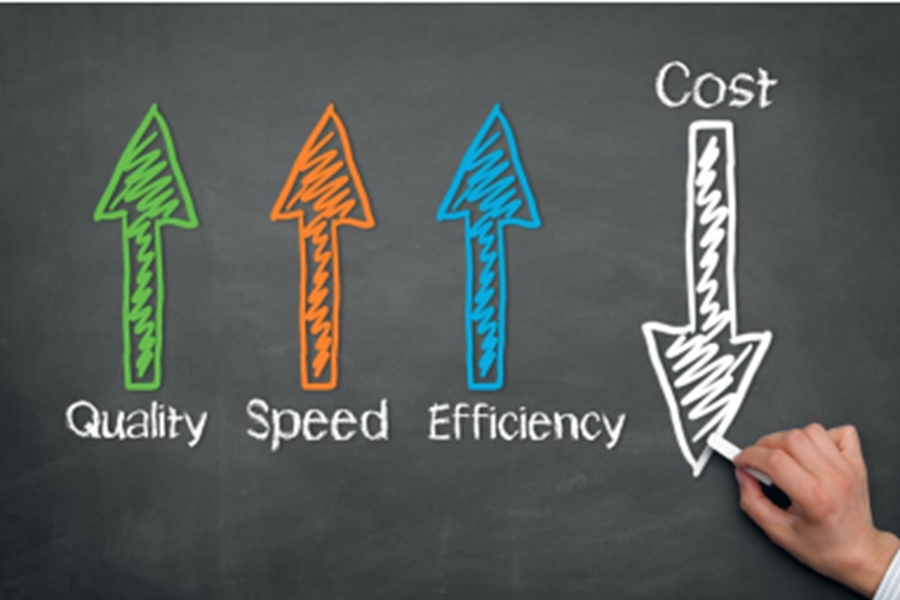 Advantages
Advantages Social Responsibility
Social Responsibility







